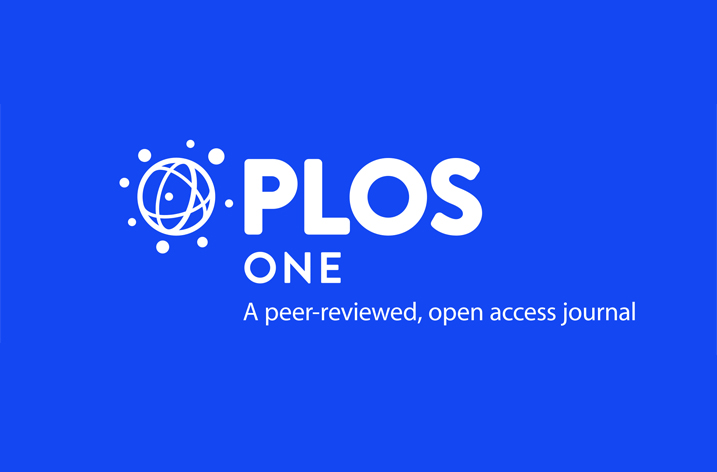
Discovery and reproducibility are cornerstones of the scientific enterprise. Without one, the other is hindered; new work is built on the foundation of previous results, for both breakthroughs and smaller advances, and the ability to reproduce published results expedites discovery.
Scientific research is increasingly technical, multidisciplinary and collaborative, bringing additional challenges to reproducibility and reliability. It is not new that there have been instances when published results were irreproducible, what is relevant in recent years – aided by Open Access – is the ability of motivated scientists to analyze not only data consolidated from multiple studies, in meta-analysis, but also to analyze the design, methods, reporting and evaluation of research, in meta-research studies.
Meta-research is the study of how science is conducted and reported. In recognition of the importance of this emerging field to bolstering public confidence in science and reducing unnecessary costs and efforts, PLOS Biology is taking a proactive approach to encourage reproducibility efforts with a new Meta-Research Section devoted to evidence-based research on research.
In expanding its scope to include this branch of scientific research, the journal aims “to provide a high-visibility home for research on research practices in the life sciences,” says PLOS Biology Senior Editor Stavroula Kousta. “By recognizing the importance of meta-research as a field, we hope to help reduce waste and restore the public’s trust in science,” she adds. In elevating the importance of data-driven meta-research, PLOS Biology ultimately aims to improve research practices.
Launch of this new section in PLOS Biology is accompanied by an editorial further detailing the motivation behind this addition (together with cited evidence) and the description of types of research to be considered for inclusion. In conjunction with the section launch is a new Meta-Research Collection containing curated PLOS meta-research classics and recently published meta-research articles across the PLOS journals. The interactive PLOS Science Wednesday redditscience Ask Me Anything on January 13 will cover bias in preclinical research with a focus for improvement.
The new Meta-Research Section in PLOS Biology is not the only example of how PLOS strives to improve the scientific endeavor through innovative communication efforts. PLOS has always recognized that publication of studies that reproduce published work or null results, either confirming or refuting the original result, is essential for progress in research. In fact, the largest journal at PLOS, PLOS ONE, is one of only a handful of publications that actively encourage these types of submissions with The Missing Pieces Collection.
As part of ongoing efforts to improve the quality and communication of scientific work and enhance trust in the scientific endeavor for all stakeholders – including the public, policymakers, educators and scientists – PLOS welcomes submissions in meta-research.



























